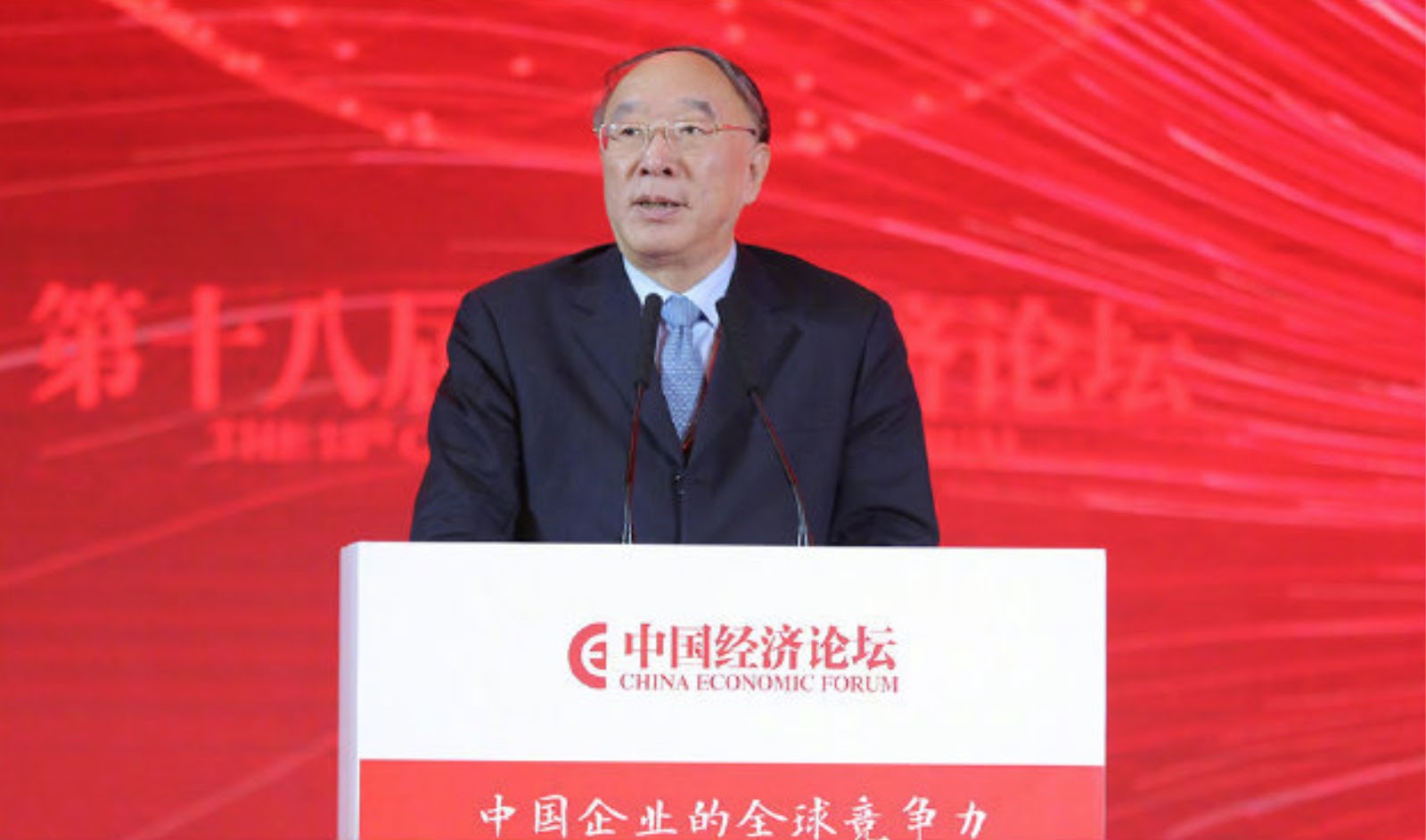Prominent economist slammed for suggesting Chinese women delay their retirement to increase state pension fund
Prominent economist slammed for suggesting Chinese women delay their retirement to increase state pension fund

Huáng Qífān 黄奇帆, former mayor of Chongqing Municipality, has found himself at the center of a firestorm after suggesting a revamp of China’s retirement system — specifically increasing the retirement age for women — as a fix for the country’s looming pension crisis.
Huang made the controversial remarks (in Chinese) at the 18th China Economic Forum on December 22. Jointly sponsored by state media outlets the People’s Daily and China Economic Weekly, the event was attended by an assembly of prominent economists and influential figures from politics. In the keynote speech given by Huang at the opening ceremony, the retired politician, who now serves as the vice president at the China Center for International Economic Exchanges, proposed a set of unremarkable economic reform measures, including further opening up China’s financial sector to foreign firms, and making it easier for migrant workers to settle down in urban areas.
But the proposal that caught the public’s attention was to raise the retirement age for women “from 50 to 60, even 65.” Calling it a “major initiative” that could add an extra 1,000 billion yuan into the state pension fund, Huang argued that making women retire later would “not only ease funding pressures on some provinces,” but it would also increase the size of China’s workforce, which has been on a continuous decline due to its rapidly aging population.
Huang explained the math behind his proposal. “Chinese women claim their retirement benefits 10 years before men do, and they stop contributing to the state pension fund 10 years sooner compared with men. That means the country loses more than 200,000 yuan ($28,500) to each woman every year,” Huang said.
According to a report released by the Chinese Academy of Social Sciences this year, China’s state pension fund is projected to dry up by 2035 because of a shrinking working-age population. As one possible solution to the problem, the Chinese government announced plans to gradually increase the retirement age in 2016, but the policy change reportedly would take about five years to phase in. China’s official retirement age for men is 60. For women, it is 50 for blue-collar women and 55 for white-collar women.
Huang’s suggestion has drawn intense criticism (in Chinese) from Chinese internet users, who slammed the idea for exploiting female labor and cutting women’s benefits. “Women have exhausted themselves taking care of their families and children. Now these experts are setting their sights on us. Do you want me to go straight to death after retirement?” a Weibo user wrote. Echoing the anger, another Weibo user commented, “How about we cut pensions for retired government officials?”






